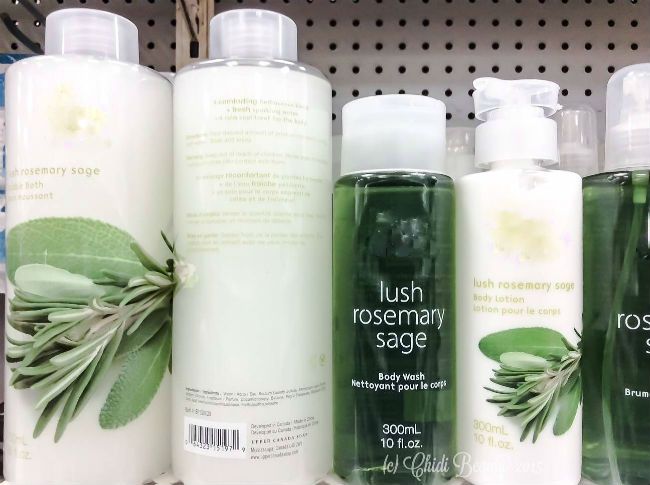
Chances are, you’ve been duped more than once by greenwashing marketing strategies by purchasing products that appear to be fair trade and/or organic.
So you’ve finally found the perfect system for your curls.
It smells good, it’s got great slip, your hair has never looked better. Best part of it all–it’s labeled “all-natural”.
The green labeling has you convinced you are doing your part to be socially responsible for the environment. That’s their goal. Chances are, you’ve been duped more than once by these greenwashing marketing strategies; you believe you are purchasing products that are truly fair-trade and/or organic. It’s become popular in the beauty industry to use these labels to deceive the consumer. However, there are ways to make conscious purchases that you can truly feel good about.What is Greenwashing?
- According to Greenpeace, greenwashing is described as the act of of misleading consumers regarding the environmental practices of a company or the environmental benefits of a product or service.
For many in the natural hair community, being natural is not just a trend but part of a lifestyle that requires transparency from the brands they use. It is no surprise that many of the naturally curly community sticks to homemade hair remedies due to a lack of trust from certain brands.
Natural vs. Organic
In addition, the the term natural is thrown around loosely–when many believe it to be organic. It has become a loophole in beauty labeling. Within the U.S., in order to receive the USDA organic label, these standards have to be met:
-
100% Organic: can be used to label any product that contains 100 percent organic ingredients (excluding salt and water, which are considered natural”>.
-
Organic: can be used to label any product that contains a minimum of 95 percent organic ingredients (excluding salt and water”>. Up to 5 percent of the ingredients may be non organic agricultural products.
When a label states that it is made with organic ___, this is allowed for a product that contains at least 70 percent organically produced ingredients (excluding salt and water”> but can not officially use the USDA organic label.
How to start shopping safely for your beauty products
EWG’s Skin Deep Cosmetics Database was designed to provide information and protect the health of consumers and the environment from the potential hazards and health risks in their cosmetic and personal care products. This website is broken down into categories such as sun, makeup, skincare, hair, nails, fragrance and more to help you easily navigate on your focus. www.ewg.org/skindeep
The Think Dirty App (available in the iTunes store”> is a mobile app that allows you to search and scan the barcode of your products to quickly check the ingredients while you’re shopping. It provides the “dirty meter” rating, a list of ingredients, as well as their favorite picks as an alternative. The app allows you to create lists of dirty products, clean products and what’s on your bathroom shelf to help you determine their safety.
Why the Fair Trade Movement matters
The purpose of the fair trade movement is to help producers in developing countries achieve better trading conditions and to promote sustainability. Companies like Alaffia, that has brands like Beautiful Curls and Everyday Coconut, have received their fair trade certification by “paying a fair price or wage in the local context, providing equal employment opportunities, engaging in environmentally sustainable practices, providing healthy and safe working conditions, being open to public accountability, and reducing the number of middlemen between producers and consumers”.
Purchasing from a brand that is certified free trade will promote and help build developing economies to become more self-reliant. Dr. Bronner’s is another brand that has received praise for their fair trade practices in countries such as Palestine, Israel, Sri Lanka, Kenya, Ghana, Ecuador and Paraguay. In an effort to have fair trade coconut oil, they created the Serendipol project that helped Sri Lanka after its major tsunami in 2004.
It’s not easy to stay on top of what brands are being honest. However, taking a few extra moments to educate yourself on how to read a label, determine the differences between natural and organic, and knowing that your products are fair trade can bring you one step closer to becoming a conscious and socially responsible shopper.
What are some of your favorite fair trade natural hair brands?
Let us know down below in the comments.



